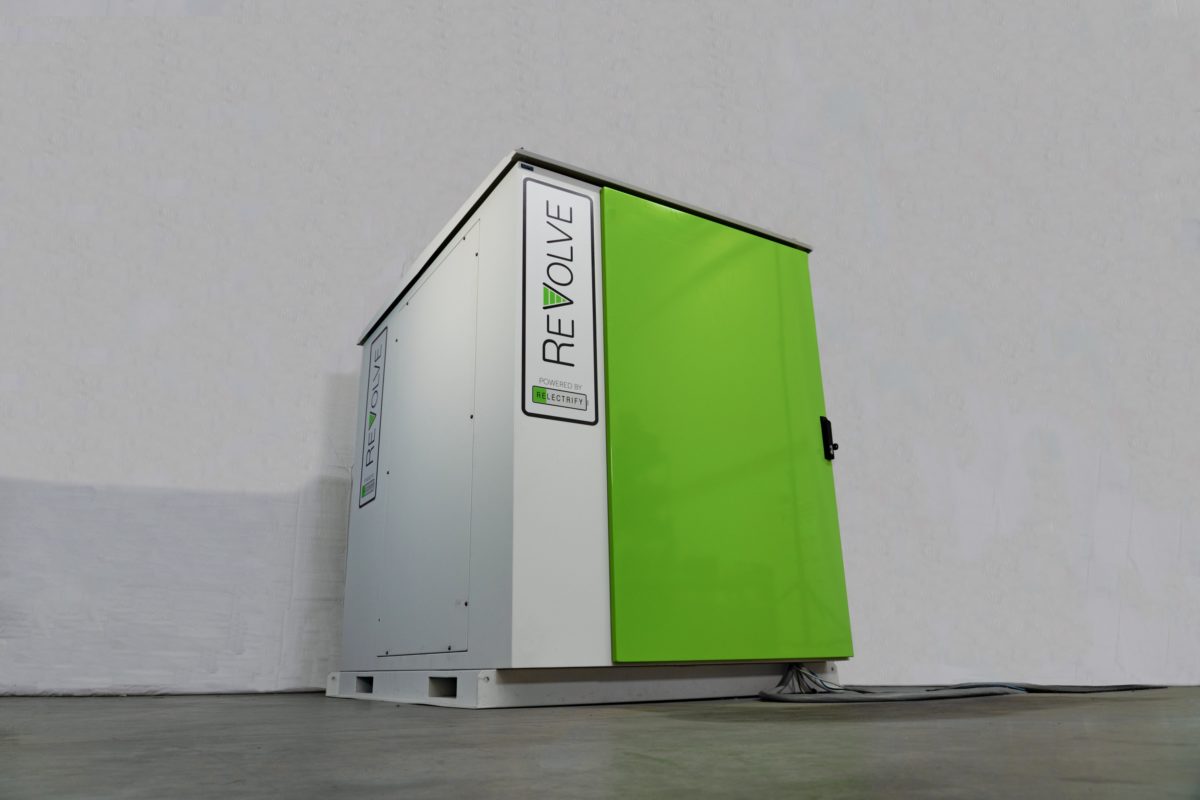Repurposing electric car batteries for better energy storage

Batteries have incredible potential to put downward pressure on energy prices, benefiting households, businesses and the electricity network in general. They have the potential to benefit tenants and those who don’t own their roof or have their own solar panels.
Electric vehicles (EVs) are destined for our renewable energy future. But what happens to the millions of batteries when cars are sent to scrap? Local Abbotsford-based company, Relectrify, has found an enterprising solution. The company is turning used EV batteries, which can no longer function in cars, into new products for commercial, industrial and even community battery products.
Even though the batteries in EVs deteriorate, many of the cells still have enough life left in them for other purposes. Using innovative software and hardware technology, Relectrify have found ways to tap into the remaining life of the batteries. As explained by David Stringer in Bloomberg News,
“So-called second-life battery systems harness the remaining lifespan in EV packs, which can typically perform less demanding tasks for another seven to 10 years even after they’re no longer capable of powering cars.”
Using this technology, Relectrify has launched ReVolve™, a modular 120kWh energy storage system made from second-life EV batteries. It is designed for industrial and commercial installations from 120kWh to 2MWh, and could also potentially be applied as a community battery.
The demand for batteries is driving support from government as well as innovation itself, according to Valentin Muenzel, Relectrify’s CEO and co-founder. “In some ways, we didn’t want to develop this product, but the market really pulled it out of us.”
The Victorian Government has also recently announced a $3 million Neighbourhood Battery Initiative, supporting new trials of neighbourhood-scale energy storage projects. YEF and CitiPower are currently pursuing a Melbourne solar sponge project community battery initiative, which hopes to see a network of community batteries around Melbourne. In February, construction also started on the 300 MW/450 MWh Victoria Big Battery storage facility near Geelong after a $160 million funding injection from the Clean Energy Finance Corporation (CEFC).
Batteries have incredible potential to put downward pressure on energy prices, benefiting households, businesses and the electricity network in general. This includes benefiting tenants and those who don’t own their roof or have their own solar panels.
Relectrify are operating in a market that is red hot on energy storage solutions, and only time will tell as to how quickly they will be able to spur on the transition to better, greener energy.